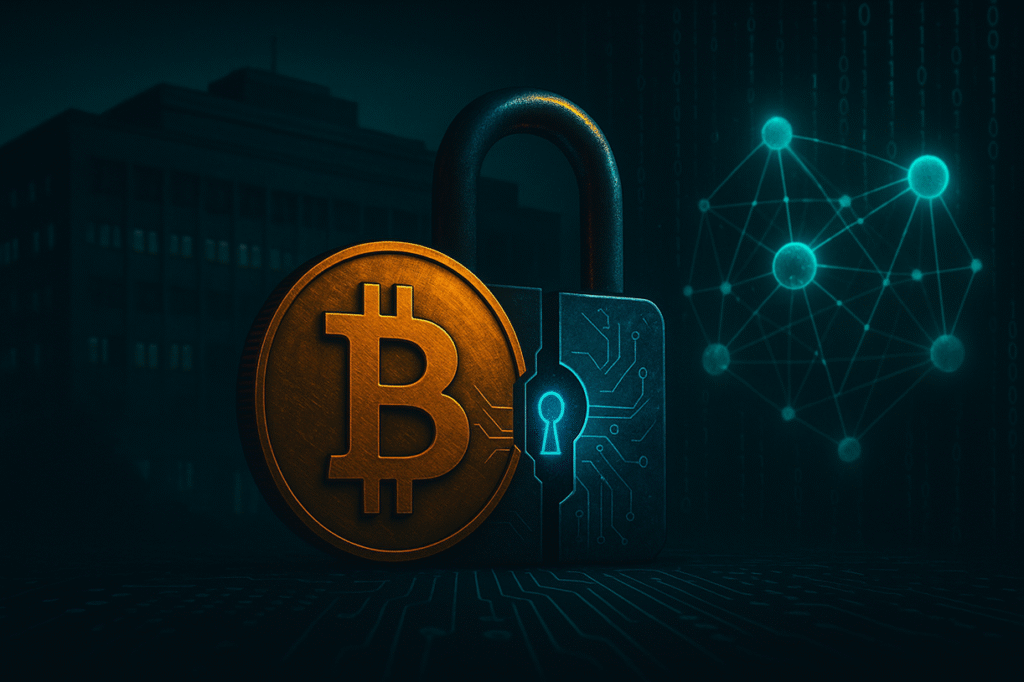In the ever-evolving landscape of digital security, recent discussions have emerged around the United States National Security Agency’s (NSA) involvement in potentially compromising cryptographic standards. As technology advances towards quantum computing, the methods ensuring our digital privacy must also evolve. The ongoing debate centers on whether the NSA is attempting to introduce vulnerabilities through the promotion of “quantum-only” cryptographic algorithms, bypassing the more secure “hybrid” models that blend traditional and quantum cryptography.
The Concerns Surrounding NSA’s Influence on Quantum Cryptography
Cryptocurrency enthusiasts and security experts alike have raised concerns regarding the NSA’s intentions, particularly with the potential integration of quantum cryptography. The catalyst for these concerns was Bitcoin developer Peter Todd’s assertion that the NSA might be seeking to weaken existing cryptographic protocols by advocating for quantum-exclusive algorithms. His comments, timely broadcasted on October 6, draw from historical precedents where the NSA allegedly sought to embed vulnerabilities into cryptographic systems.
The Debate: Hybrid vs. Quantum-Only Cryptography
In a recent pair of incisive blog posts, cryptographer Daniel J. Bernstein criticized the current processes of the Internet Engineering Task Force (IETF), warning that procedural modifications could lead to the standardization of weakened cryptographic practices. Among the key issues is the debate over whether cryptographic systems should integrate hybrid solutions—combinations of classical and post-quantum techniques—or transition solely to quantum-only models.
Bernstein’s perspective highlights the significance of hybrid systems, which safeguard encryption by requiring an attacker to breach both the classical and quantum components. The IETF’s definition of “hybrid” deployments, initiated in June 2025, aligns with the National Institute of Standards and Technology (NIST)’s guidelines, which also advocate for hybrid modes during the shift towards post-quantum cryptography.
What is the NSA’s Role in Cryptographic Standards?
The concern over the NSA’s alleged involvement in cryptographic standards is amplified by its historical association with the Dual_EC_DRBG incident, where a supposedly secure random number generator was revealed to have potential backdoors. This incident undermined trust in cryptographic standards, reinforcing community fears about the NSA’s influence. Although there’s no public evidence that the NSA is embedding backdoors into current NIST or IETF standards, the possibility lingers in the digital security sphere.
Implications for Bitcoin and Cryptocurrencies
Bitcoin and other cryptocurrencies heavily rely on standard cryptographic frameworks, including hashes and signatures, developed through collaborations with organizations like NIST and the IETF. The integration of compromised cryptographic standards could have substantial implications for their security and integrity. Peter Todd’s warnings aim to raise awareness within the crypto community, emphasizing the need for vigilance against potential vulnerabilities in cryptographic transitions.
How Can Stakeholders Impact the Outcome?
Bernstein’s articles call on stakeholders to engage with IETF procedures to oppose moderation styles that limit dissent and promote hybrid cryptography as a secure transitional approach. This advocacy is crucial to ensure that cryptographic standards maintain robust defense mechanisms, especially as post-quantum algorithms mature.
Frequently Asked Questions
What is the importance of hybrid cryptography?
Hybrid cryptography combines traditional and quantum algorithms, providing a dual layer of security. This model requires an attacker to break both components to compromise data, offering enhanced protection during the transition to post-quantum cryptography.
Is there evidence of NSA attempting to introduce backdoors into cryptographic standards?
While historical incidents like the Dual_EC_DRBG affair suggest the NSA’s potential involvement in compromising cryptographic standards, there is currently no public evidence of similar actions in recent NIST and IETF processes.
How can the crypto community influence cryptographic standards?
Engagement with standard-setting bodies like the IETF is crucial. Stakeholders can participate in public comment periods and contribute to discussions that shape cryptographic policies, ensuring robust security practices are maintained.
By remaining vigilant and proactively engaging in discussions surrounding cryptographic standards, the digital community can help preserve the integrity and security of crucial technologies like Bitcoin and other cryptocurrencies.

